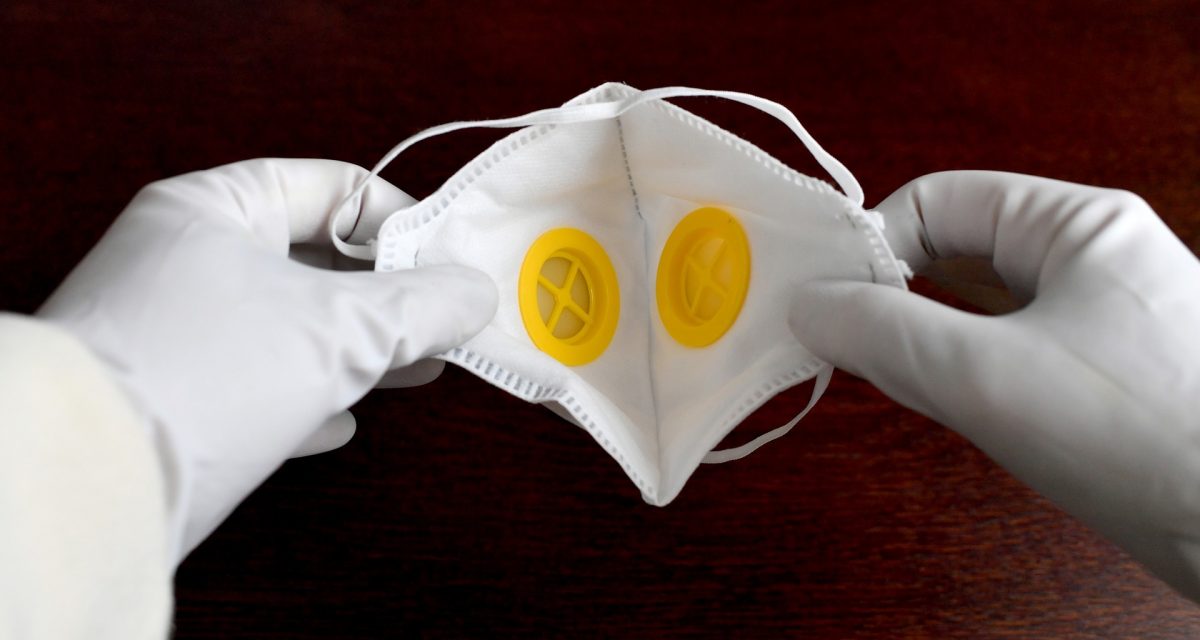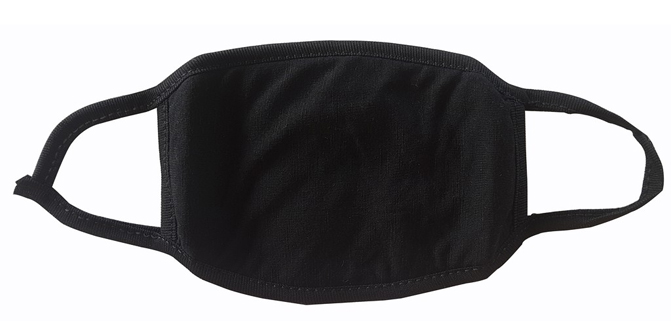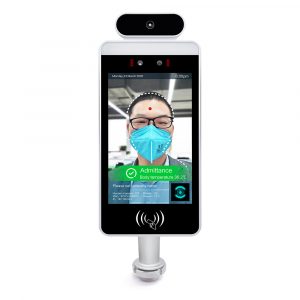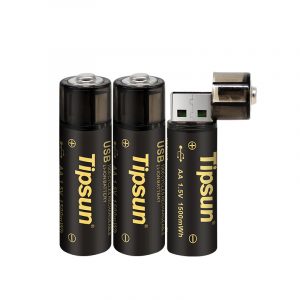Sourcing tips and advice
Blog
Types of Face Masks and Difference between N95, KN95 & FFP2 Standards

While the world is fighting for survival, the demand for certain products has significantly grown. One of those products is face masks. They are crucial for protecting medical staff who are treating patients with coronavirus and they also help the common people from catching bacteria present the air.
If you are an importer or a local reseller you might find it confusing when it comes to options of masks.
Types of face masks
There are generally three types of face masks for COVID-19 prevention:
- homemade cloth face mask
- surgical mask
- N95 respirator
Homemade masks are made at home from common materials and they are affecting in lowering the risks.The Centers for Disease Control and Prevention (CDC) recommends wearing cloth face coverings in public where social distancing measures are difficult to implement (e.g., supermarkets, grocery stores or pharmacies).

Surgical masks are disposable, loose-fitting face masks that cover nose, mouth and chin. Some masks may have a metal strip that can be formed to the nose.

Surgical masks are meant to protect your mouth and nose splashes, sprays, or splatter and large-particle droplets that may contain germs (viruses and bacteria).
Standard medical surgical masks are divided into 3 layers, outer, middle and inner. The outer layer prevents droplets from entering the mask. The middle layer has a filtering function to block > 90% of 5μm particles. The inner layer near the nose is used to absorb moisture.
N95 respirators are tight-fitting face masks that in addition to splashes, sprays, and large droplets also filter out 95% of very small test particles. N means Not resistant to oil. They are certified by the U.S. National Institute of Occupational Safety and Health (NIOSH).

What is the difference between surgical masks and N95 respirators?
- N95 Respirators are not for use by the general public. They are meant for health care workers and other medical first responders.
- Surgical masks do not provide complete protection from germs and other contaminants while N95 respirators can protect against infection with SARS-CoV-2 when used appropriately.
What is the difference between N95, KN95 and FFP2 masks?
N95, KN95 and FFP2 are the names of standards of facepiece respirators that are referenced by health authorities who usually recommend what standard certain populations should use.
These respirators are all N95 face mask alternatives, very similar, but not 100% identical.
Different countries use different codes and numbers to name their respiratory masks.
- N95 is the USA standard (95%)
- KN95 is the China standard (95%)
- KF94 is the Korean standard (94%)
- FFP2 is the EU standard, including the UK (94%).
The NIOSH system is the most commonly known respirator rating, which rates masks as N95, N99, and N100. These masks are rated by the American National Institute for Occupational Safety and health, which is part of the CDC.
Another most common ratings are by European Union that gives three different ratings, FFP1, FFP2 and FFP3 where the higher number, the more effective.
More detailed technical comparison of standards can be found in this guide.
It is important for buyers to consult their local respiratory protection regulations and requirements or check with their local public health authorities for respiration selection guidance.
As a conclusion, face masks come in 3 types. Homemade and surgical masks are for public use but do not guarantee 100% protection. However, health authorities recommend use them while continuing to practice social distancing and proper hygiene.
N95 respirators are more effective and they are not meant for public use. N95 respirators have a few alternatives: N95, KN95 and FFP2. They have the same filtration efficiency but are tested by different nation criteria.
If you are looking for wholesale masks for purchase, Altro Source team provides guidance and assistance, from choosing a supplier to product shipment.
Search
Products
-
 AI InstaHealth Check From: £ 635.00
AI InstaHealth Check From: £ 635.00 -
 Rechargeable Batteries Wholesale (USB Charging) From: £ 0.50
Rechargeable Batteries Wholesale (USB Charging) From: £ 0.50

